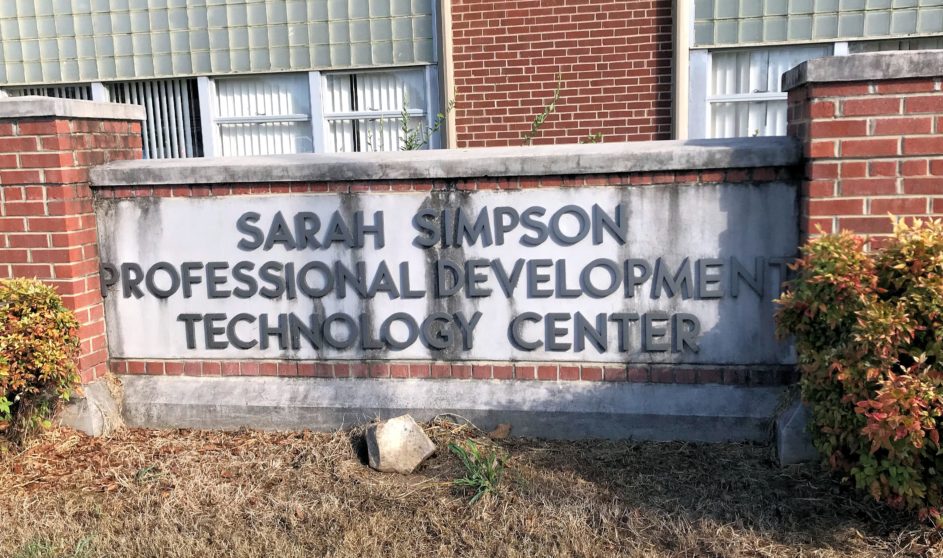Julie Thompson was an early participant in the expanding use of technology in the classroom, but 27 years as a teacher and administrator have not altered her conviction that no computer can replace a great teacher.
Thompson, the executive director of elementary education for Knox County schools, has compiled the resumé to back up her belief.
“I’ve been teaching with technology my entire career,” she said. “I was in the first class of the 21st-century classroom.”
Reliable internet access, now taken for granted, opened the door for learning via webinars. Today, parents have joined teachers and administrators as beneficiaries of more sophisticated computing applications, especially with respect to communication. “ClassDojo,” an app that links teachers and parents, is a prime example.
ClassDojo allows teachers to share information with parents on a student’s performance or conduct. The information can include real-time videos and photographs. (Many in my generation are glad ClassDojo wasn’t around “back in the day.”)
The impact of ClassDojo and other apps in fostering better communication is hard to refute.
“Ninety-nine percent of text messages (to parents) are read,” Thompson said.

Julie Thompson
Thompson has lived in Corryton all her life, and her first teaching position was at Corryton Elementary. She was given a state curriculum guide and the assistance of “a reading person and a math person.”
Annual assessments of student progress have been replaced by tests conducted three times a year. Thompson said tests have been better aligned to what students will need moving forward. In other words, if the test itself is meaningful, the phrase “teaching to the test” loses its pejorative connotation.
“The tests encourage them to think,” she said, adding that the process should start in kindergarten.
Educators must consider the needs of all students. For that to happen, an understanding of the sociological and economic influences on a child is crucial. Teachers and administrators, Thompson said, must cultivate “cultural competencies.”
The National Education Association defines cultural competence as “having an awareness of one’s own cultural identity and views about difference, and the ability to learn and build on the varying cultural and community norms of students and their families.”
Children whose formative years have been shaped by poverty, violence or abuse will bring to the classroom a cultural background vastly different from their peers. Thompson said teachers may use a strategy of “restorative circles” to build a sense of community within the classroom.
Making sure the child is in school is paramount, of course. “If they’re not in the classroom, they’re not learning,” she said.
Thompson and her family call a 300-acre farm in Corryton home. Anyone who grew up on a farm knows the nature of farm work can certainly breed humility. Perhaps that informs her self-assessment.
“Starting out, I never saw myself in the position I’m in now; I’m humbled.”
Describing her role as that of a “servant leader,” Thompson’s career exemplifies an ideal she holds dear: One caring adult makes a difference.
Larry Van Guilder is the business/government editor for KnoxTNToday.

